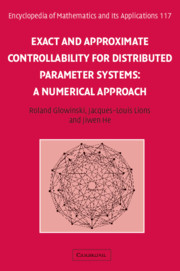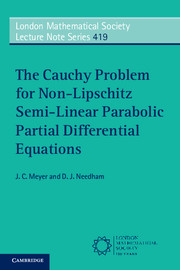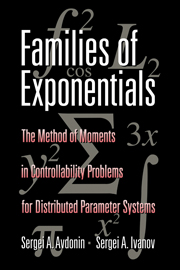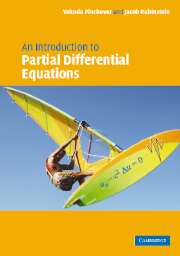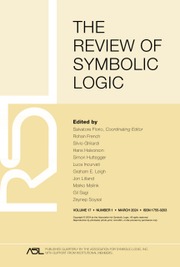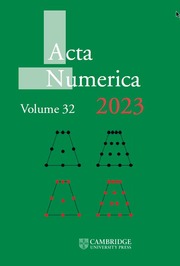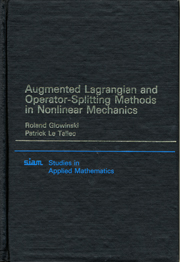Exact and Approximate Controllability for Distributed Parameter Systems
The behaviour of systems occurring in real life is often modelled by partial differential equations. This book investigates how a user or observer can influence the behaviour of such systems mathematically and computationally. A thorough mathematical analysis of controllability problems is combined with a detailed investigation of methods used to solve them numerically, these methods being validated by the results of numerical experiments. In Part I of the book the authors discuss the mathematics and numerics relating to the controllability of systems modelled by linear and non-linear diffusion equations; Part II is dedicated to the controllability of vibrating systems, typical ones being those modelled by linear wave equations; finally, Part III covers flow control for systems governed by the Navier-Stokes equations modelling incompressible viscous flow. The book is accessible to graduate students in applied and computational mathematics, engineering and physics; it will also be of use to more advanced practitioners.
- Computationally oriented with a thorough discussion of the solution methods employed in the various chapters (finite element methods, conjugate gradient algorithms and more)
- Blends mathematical analysis and numerical analysis and illustrates with a large variety of numerical experiments
- One of the few books on controllability issues for systems modelled by partial differential equations from mechanics and physics, a hot topic at the moment
Product details
March 2008Hardback
9780521885720
470 pages
240 × 165 × 30 mm
0.816kg
51 b/w illus. 10 colour illus. 20 tables
Available
Table of Contents
- Preface
- Introduction
- Part I. Diffusion Models:
- 1. Distributed and point-wise control for linear diffusion equations
- 2. Boundary control
- 3. Control of the Stokes system
- 4. Control of nonlinear diffusion systems
- 5. Dynamic programming for linear diffusion equations
- Part II. Wave Models:
- 6. Wave equations
- 7. Helmholtz equation
- 8. Coupled systems
- Part III. Flow Control:
- 9. Optimal control of Navier-Stokes equations: drag reduction
- Epilogue
- Further acknowledgements
- References.

